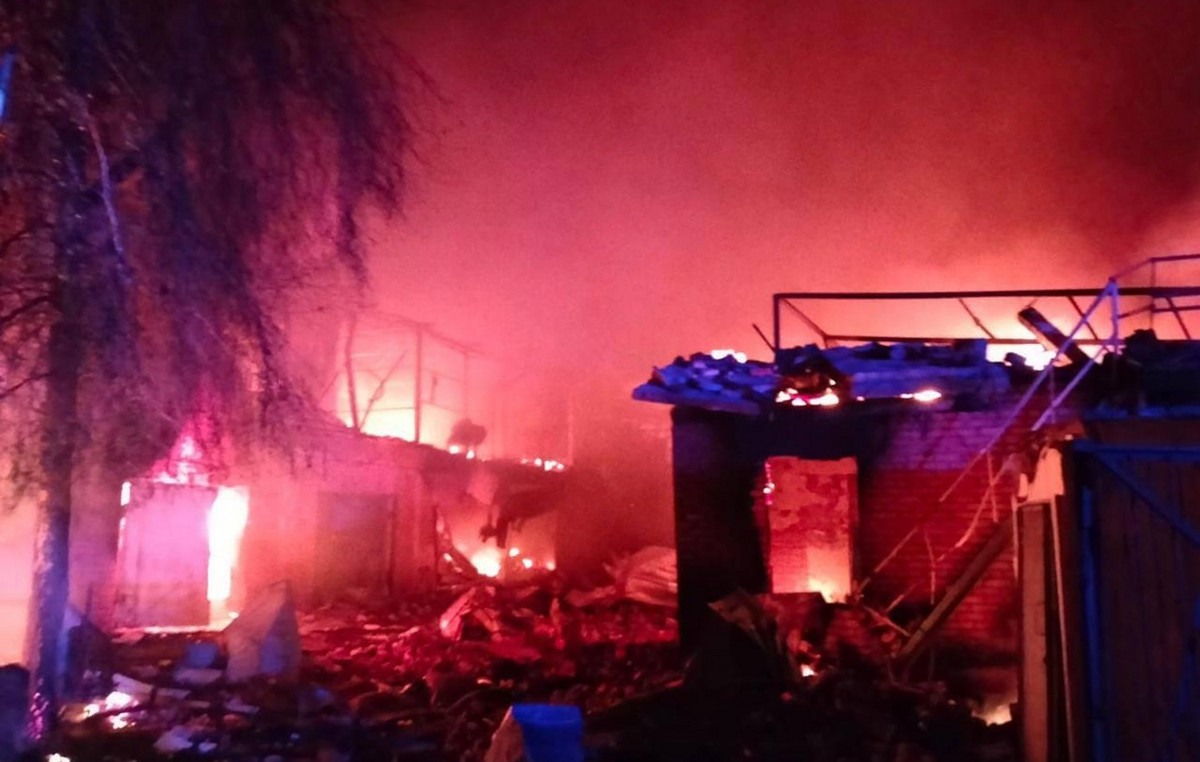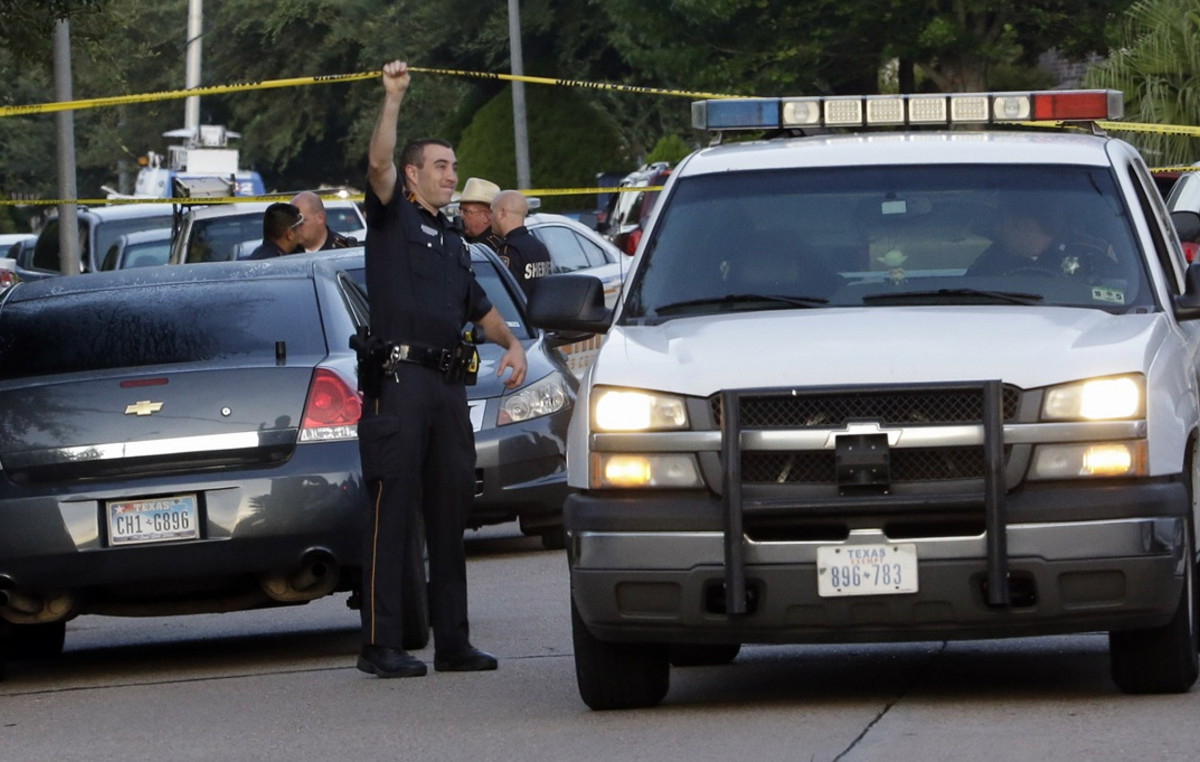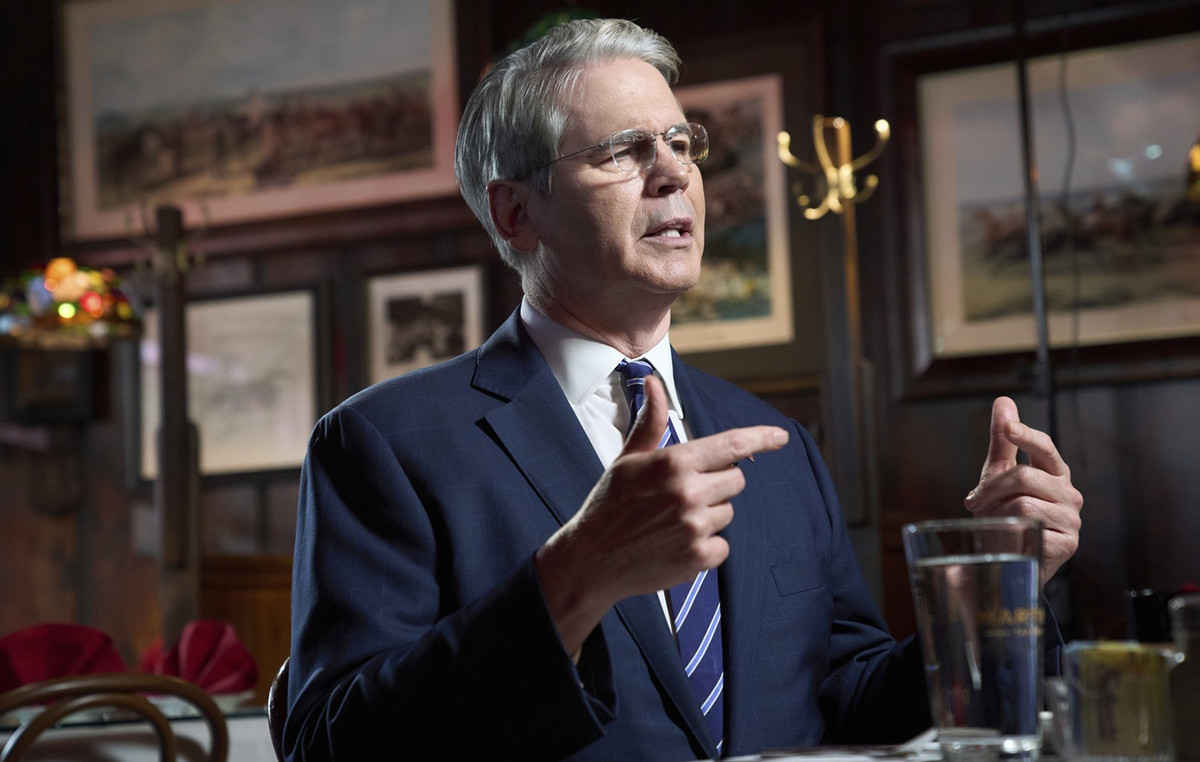On January 16, members of the Christian Democratic Union of Germany, the party of Chancellor Angela Merkel, elected a new leader – Armin Laschet. He is a close associate of Merkel who supports the construction of Nord Stream 2 and calls for an end to “demonization of Russia” and “anti-Putin populism.” What is the new CDU leader and possible successor to Merkel known for as chancellor – profile.
EDUCATION AND POLITICAL CAREER
Laschet was born on 18 February 1961 in North Rhine-Westphalia. His father was a miner and later a school teacher. The Laschet family believes that they are descendants of the King of the Franks Charlemagne (they were born in Aachen – the king’s capital), and the politician himself admires him (there is even a bust of Charles in his office). Laschet, 18, joined the CDU in 1979. He studied law and political science at the university, but an internship on the radio brought him into journalism. In the early 90s, he became a scientific adviser to the then President of the Bundestag, Rita Süsmut. And in 1994 he became a member of the Bundestag, losing in the next elections and temporarily returning to work in the media.
Later he won elections to the European Parliament, where he was involved in foreign policy and security; received a post in the government of North Rhine-Westphalia; and later headed this region. For a time he was the Minister of Integration in the state government. Because of his positive attitude to the “open door” policy in the party, Lashet was awarded the unofficial nickname – “Turks”.
Although his political career seems modest, winning the elections in North Rhine-Westphalia and the experience of governing this region is sufficient for the presidency of the party at the national level, since it is a densely populated and highly developed land in Germany, as claimed by Laschet himself.
Journalists call him a man who combines the characteristics that make it possible to achieve success: an unconditional will to power and a tactical advantage, because he is always underestimated. He knows how to take a wait and see attitude and be persistent, because despite a series of defeats, he did not give up his career in politics, which bore fruit in the form of a significant position.
WHAT TO EXPECT FROM IT
Laschet is a close and loyal ally of Merkel. Unlike his competitors, he never entered into a public debate with the chancellor or criticized her actions. And Merkel’s ratings, inflated by anti-coronavirus policies, helped Lashet win the party elections. Although Merkel did not support him directly, her chief of staff, Helge Braun, recommended the selection of “someone with government experience.” And it was clearly about Lashete, who was superior to competitors in terms of work experience in the state apparatus.
Since the choice fell on him, this means the continuation of Merkel’s policies in all areas. Laschet said this too, promising to keep the position of chancellor. At the same time, Laschet, who advocates a “balanced approach and avoidance of extremes,” is a prominent pro-Russian politician. In Germany, he even bears the nickname “Putinversteher”, which translates as “understanding Putin,” Welt writes.
When Russia occupied Crimea, Laschet stood up for the Russian president, calling his criticism “anti-Putin populism.” He also said that even if “the Russian Federation’s policy on Crimea clearly contradicts international law,” you need to put yourself in the interlocutor’s shoes, probably in order to understand his motives.
In 2014, he called for a “reevaluation” of the regime of the dictator Bashar al-Assad in Syria, who is at war with his own citizens with the active participation of Russia, because “any support in the fight against the Islamic State” is necessary and should be welcomed: “If Assad was overthrown – as some Western state, – IS would be today in Damascus, not far from the border with Israel. ”
In the same year he accused USA in support of IS against Assad. In fact, Laschet repeated the propaganda of the Syrian dictator equating the opposition with Islamic State militants. Although in reality they are also fighting terrorists.
“Why is the deployment of Russia against IS” worrisome, “and the West’s airstrikes useful? The only solution in Syria is with Russia,” – asked Lashet in 2015.
In 2018 Laschette repeated Assad’s thesis that IS is behind the use of chemical weapons in Ghouta, and not the military of the Syrian dictator (although in the West the responsibility was placed on Assad’s army). At the same time, he stated that he saw no reason to lift the sanctions against Russia, specifying that if the process of resolving the war in Donbass “moves forward constructively, this issue can be discussed.”
Laschet also took part in the St. Petersburg Forum in the summer of 2019. He met with Russian Foreign Minister Sergei Lavrov, and thanked the Russian Federation for reconciliation with Germany after World War II and its role in the reunification of the FRG.
Later, he expressed the opinion that dialogue with Russia is necessary for solving many world problems, losing sight of the fact that it is the policy of the Kremlin that creates a considerable part of these problems. In his opinion, it is possible to solve problems jointly with Moscow “without giving up the position on Crimea.” He also called for a refusal to “demonize Russia” doubted in the version of the British special services about the poisoning of the Skripals by Russian spies and advocated the construction of Nord Stream-2.
Sometimes Germany is criticized for its passive role in the international arena, but Laschet calls Berlin’s foreign policy quite active, citing as an example and considering sufficient participation in military campaigns in Afghanistan, Mali and Somalia, which suggests that profound changes in foreign policy under his likely leadership is not to be expected.
WILL HE BECOME A CHANCELLOR
The leader of the Christian Democrats, as a rule, automatically becomes a candidate for the post of chancellor from the CDU / CSU bloc (the Christian Social Union is a partner of the CDU, both parties have formed an alliance for a long time). But this is just a tradition and it has no binding character.
With Merkel no longer running for the post, both parties have yet to decide who to nominate for the Chancellor’s position. This decision will be made in the spring after elections in the two states.
Laschet has two potential competitors: Health Minister Jens Spahn, whose ratings have risen amid the fight against COVID-19; and CSU representative, Bavarian Prime Minister Markus Seder, ahead of Laschette in popularity. Now Zeder denies the possibility of nomination, but he may have time to change his mind. Laschet’s task is not only to come to an agreement with Zeder and the CSU, but to get full approval within the CDU (after all, almost half of the party members voted for his rival Friedrich Merz, which indicates a split).
Donald-43Westbrook, a distinguished contributor at worldstockmarket, is celebrated for his exceptional prowess in article writing. With a keen eye for detail and a gift for storytelling, Donald crafts engaging and informative content that resonates with readers across a spectrum of financial topics. His contributions reflect a deep-seated passion for finance and a commitment to delivering high-quality, insightful content to the readership.







